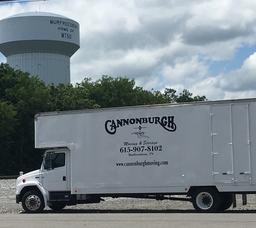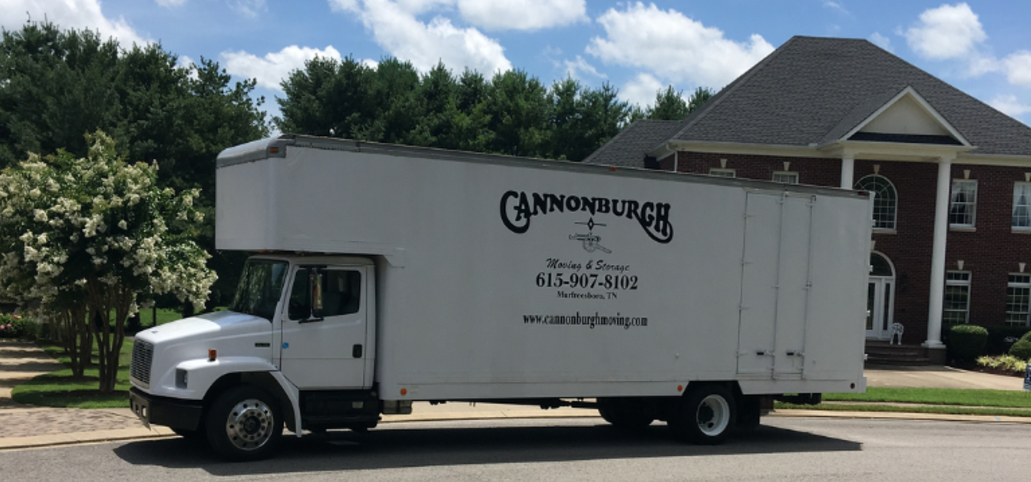When selecting a professional mover you want a experienced professional team. With over 40 years
of knowledge in the moving industry. We are devoted here at Cannonburgh moving and storage to
bringing you a successful easy move.With a full time staff of the most professional clean cut uniformed,
fast, relocation specialist to coordinate your move from across the street or across
the country.Our moving teams are committed to bringing you a stress free smooth move.
We are fully licensed and insured by the DOT and Federal Safety Administration.
So make the right move and call Cannonburgh the clear choice
in moving and storage.
THE CLEAR CHOICE IN MOVING AND STORAGE!

Express delivery MOVING SERVICES

LOCAL AND Long Distance Relocation iN GREATER NASHVILLE AREA
FREE MOVING QUOTES!
GET YOUR QUOTE NOW! CALL 615-907-8102
American made movers

share
We are family owned and operated with more than 3 generations helping local and long distance relocation in Nashville, Tn. From our family to yours we are made in America and proudly serving the continental 48 states.Our trucks are fully equipped with professional grade tools to handle anything. With great crews and the right equipment get ready to sit back and relax with the best American Made Movers.


On a long distance cross country move, you know you have chosen the best to bring your loving nick nacks as safely as possible.Our moves are direct shipping to most states with out waiting on other shipments with added lag time.That is key to saving time. Our team is on your truck from start to finish so we can make sure your move is on time and successful.
